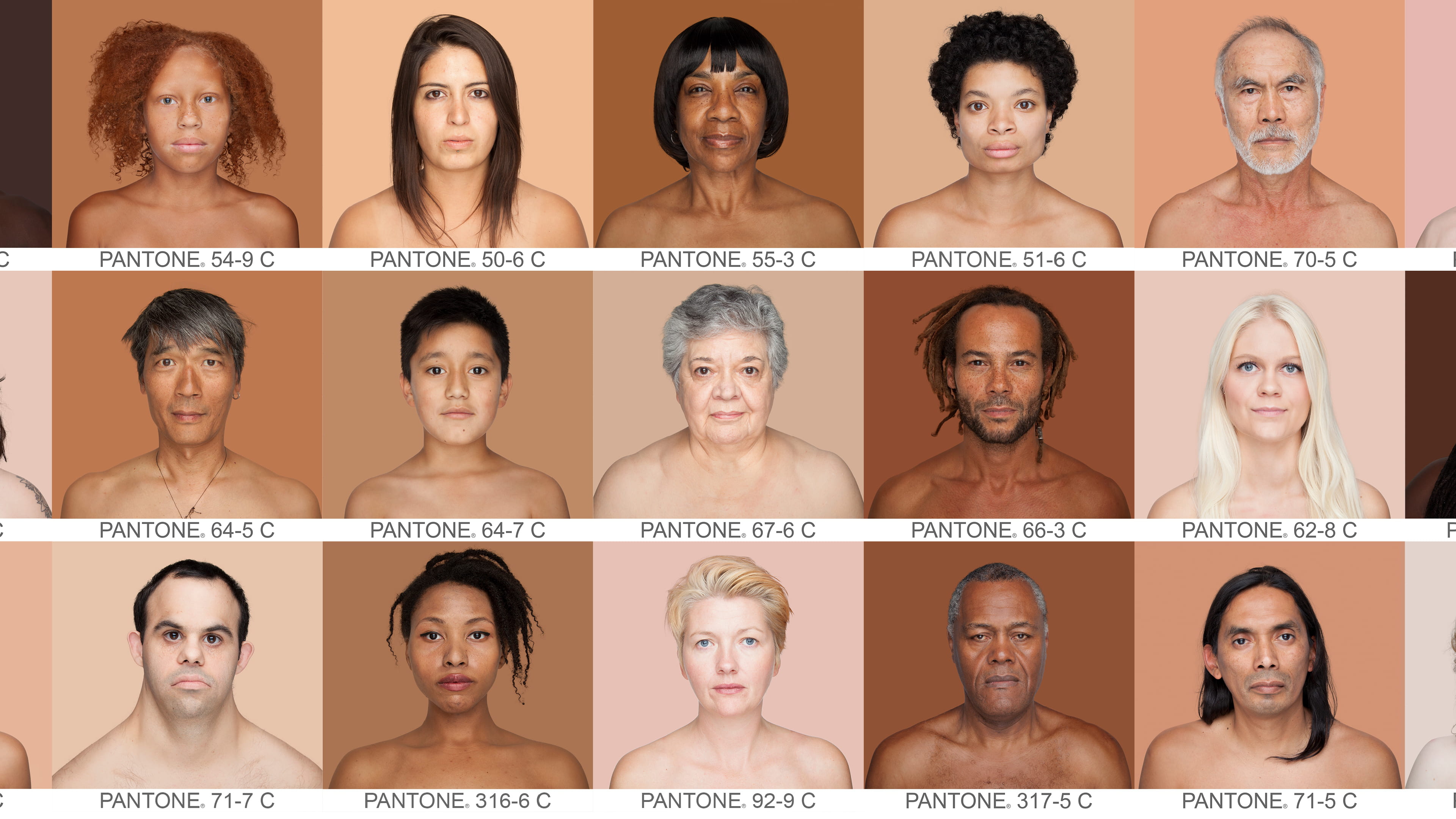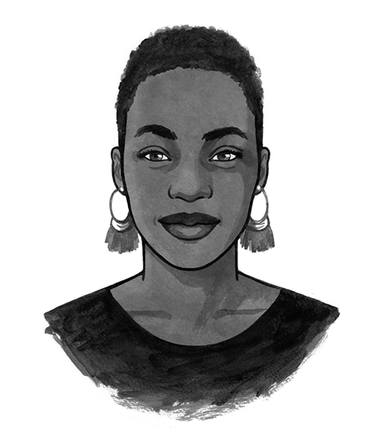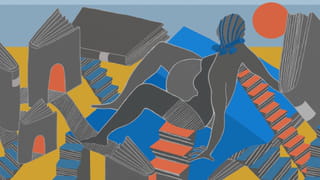I first read The Joys of Motherhood by Buchi Emecheta as a 14-year-old because I needed to pass both time and an exam. Like all great books, it shifted something inside me.
I remember sitting in class and being extremely shocked and embarrassed by the sex scene that took place only a few pages in. At that age, this was the only acceptable reaction for a good Christian girl; titillation simply wouldn’t do. The unabashed, loud sex was a bit difficult for me to imagine at the time, but the rest of the book covered more familiar ground.
From what I conjured up in my mind’s eye all those years ago, I can still picture the protagonist, Nnu Ego, hanging her laundry on the clothes line in front of the cramped boys’ quarters she lived in with her family in Lagos, Nigeria, or walking along the roads of a version of my home city that I’ve never seen.
Fourteen years after that first read, I’m a mother myself and a bit less horrified by sex, so I feel much better placed to go back to Emecheta’s work. I like to think that I now have a good understanding – perhaps better than I would like – of some of the deep disappointment and unmet expectations that coloured Nnu Ego’s life.
Through Nnu Ego’s character, Emecheta complicated the common narrative of motherhood as a beatific experience that is its own reward. It was a revolutionary thing for a Nigerian woman in the 1970s to dare to imagine herself worthy to write for the world to read. It was even more revolutionary for her writing to say, without shame or shyness, that motherhood – nay, children are a gift, and that gift can also be a burden.
In the Igbo and English societies that Emecheta had to navigate as a woman, writer, mother, and wife (for a time), a (black) woman’s life was almost invariably expected to be a small, unrewarding thing. Emecheta offered her readers an intimate look at how people defined a woman’s existence by her willingness to give herself over to wifeliness and motherhood, even past the point where she has nothing left.
In conservative societies, a woman will be punished if she strays from the prescribed path. But the under-emphasised point Emecheta makes in The Joys of Motherhood – her sixth book – is that a woman can also suffer if she follows the rules. Sometimes she suffers because she follows the rules.
Emecheta is a literary icon who wrote deeply about some of the unspoken realities of life as an African woman, at a time when both Africanness and literary talent existed in the public imagination as male. One of the most prolific writers of her day, her certainty and productivity remain awe-inspiring more than a generation later. When she died at the age of 72 in January 2017, she left behind a robust body of work indicative of a writer committed to not only her craft but also her message.
This month, I’m inviting you to join me in savouring the gift of Emecheta’s quiet, firm voice in The Joys of Motherhood. As I’ve been writing about themes of colonisation, motherhood and pregnancy recently, I’m eager for you to meet Nnu Ego, who barely survived all three. I’ve carried her with me for more than a decade, and I can assure you she’s a person you will be pleased to meet.
As we read The Joys of Motherhood, I’d like to hear from you about books you think cover similar themes, or which would be a great complementary read. I’ve always enjoyed the recommendations from members. The Other Shelf is made much richer by your contributions, so I look forward to hearing from you. The book club will take place at the end of March (date to be confirmed).
Come. The joys of beautiful literature await.
Join us to talk about Buchi Emecheta’s work in a book club call At 09:00 EDT / 15:00 CET on Tuesday 31 March, we will be discussing The Other Shelf book of the month, The Joys of Motherhood, live in a webinar on Zoom with OluTimehin Adegbeye, Othering correspondent, and Irene Caselli, who covers the First 1,000 Days.Dig deeper
 The stick figure on the door: unconscious ways we exclude each other
Difference is innately human. Indignity and discrimination are not. We need to be able to recognise what makes a person distinctive, without losing sight of what we all share.
The stick figure on the door: unconscious ways we exclude each other
Difference is innately human. Indignity and discrimination are not. We need to be able to recognise what makes a person distinctive, without losing sight of what we all share.


